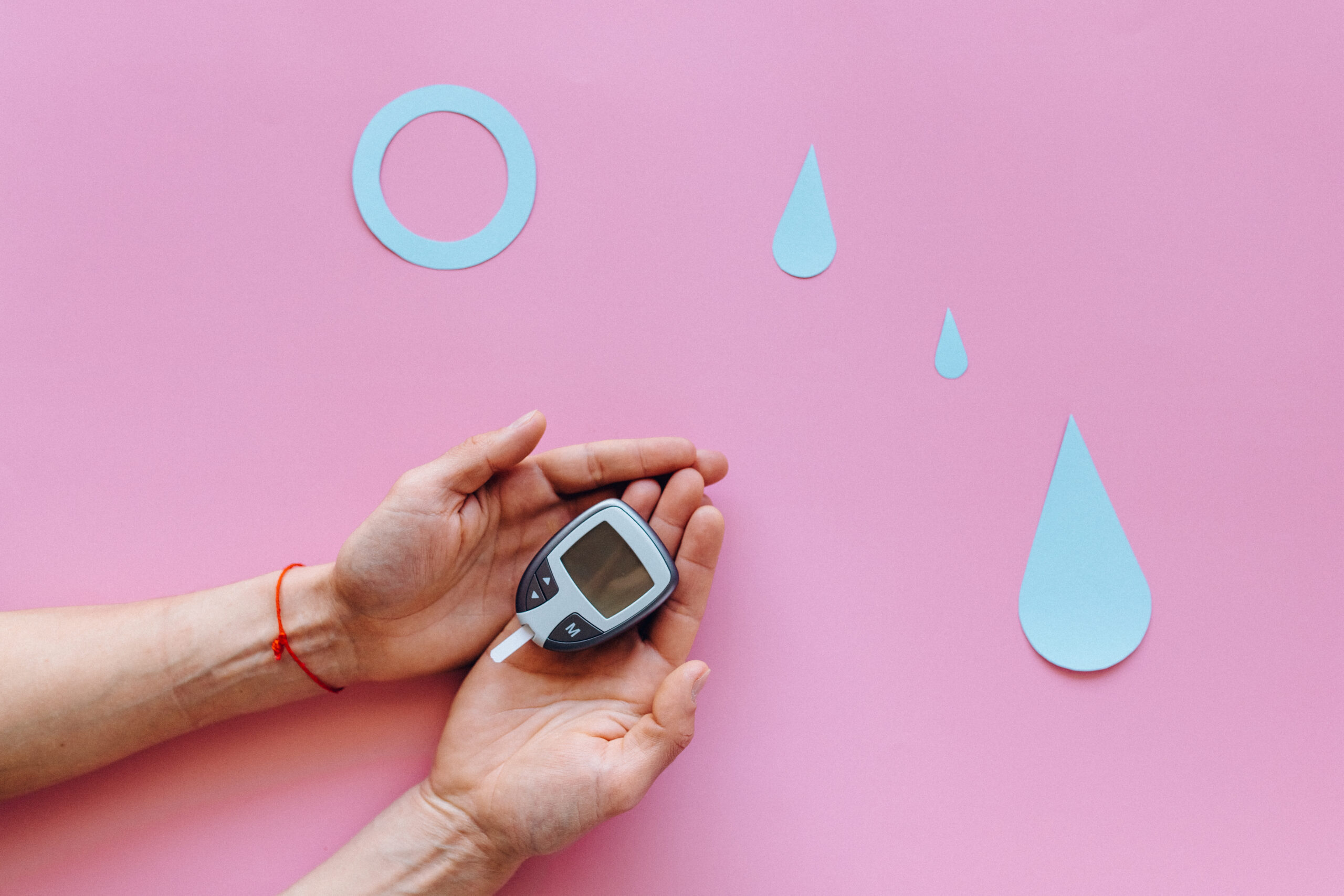What is the DASH diet and how can it help lower blood pressure?
Title: Understanding the DASH Diet: Your Path to Lowering Blood Pressure
Introduction:Maintaining a healthy blood pressure plays a pivotal role in promoting overall well-being and preventing various health complications. If you’ve been diagnosed with high blood pressure, also known as hypertension, you’re not alone. Fortunately, there’s an effective and scientifically proven dietary approach that can help you manage your blood pressure levels – the DASH diet. In this blog, we will explore what the DASH diet is and how it can contribute to lowering your blood pressure naturally.
What is the DASH Diet?DASH, which stands for Dietary Approaches to Stop Hypertension, was developed by the National Heart, Lung, and Blood Institute (NHLBI) to help individuals lower their blood pressure through dietary modifications. The DASH diet focuses on consuming nutritious foods that are low in sodium, saturated fats, and cholesterol while being rich in nutrients such as potassium, calcium, and magnesium. It emphasizes a well-balanced approach to eating, combining fruits, vegetables, whole grains, lean proteins, and low-fat dairy products.
How does the DASH Diet Help Lower Blood Pressure?The DASH diet’s effectiveness in reducing blood pressure lies in its incorporation of important nutrients that support cardiovascular health. Here are some key ways in which the diet works to lower blood pressure:
1. Reducing Sodium Intake:Excess dietary sodium can contribute to hypertension. The DASH diet advocates for limiting sodium intake to less than 2,300 milligrams per day (approximately 1 teaspoon of salt). By cutting back on processed and packaged foods high in sodium, and adding flavor through herbs and spices instead, you can effectively reduce your blood pressure.
2. Increasing Potassium Intake:The DASH diet promotes a higher intake of potassium-rich foods such as bananas, oranges, spinach, sweet potatoes, and tomatoes. Potassium helps to counterbalance the effects of sodium and relaxes the blood vessel walls, hence reducing blood pressure levels.
3. Encouraging Nutrient-Rich Foods:The DASH diet encourages the intake of nutrient-dense foods like fruits, vegetables, whole grains, lean proteins, and low-fat dairy products. These foods are rich in essential vitamins, minerals, and antioxidants that support cardiovascular health and help regulate blood pressure levels.
4. Promoting Weight Loss:Excess weight is a known risk factor for hypertension. The DASH diet emphasizes portion control and a balanced calorie intake, which can aid in achieving and maintaining a healthy weight. Shedding even a few pounds can have a significant impact on blood pressure reduction.
5. Lowering LDL Cholesterol:The DASH diet emphasizes consuming lean proteins and low-fat dairy products as protein sources. By limiting saturated and trans fats, the diet helps to reduce Low-Density Lipoprotein (LDL) cholesterol levels, thus promoting heart health and healthy blood pressure.
Incorporating the DASH Diet into Your Lifestyle:Adopting the DASH diet doesn’t have to be overwhelming. Here are a few practical steps to help you get started:
1. Include a variety of fruits and vegetables in your meals and snacks.2. Opt for whole grains instead of refined grains.3. Consume lean sources of protein, such as skinless poultry, fish, legumes, and nuts.4. Limit your intake of saturated fats found in fatty meats, full-fat dairy products, and highly processed foods.5. Choose low-fat dairy products or non-dairy alternatives.6. Reduce your sodium intake by avoiding processed foods and using herbs and spices to flavor your dishes instead of salt.
Conclusion:The DASH diet offers an effective and natural way to manage blood pressure levels, reduce the risk of heart disease, and promote overall health. By making sustainable changes to your eating habits and incorporating nutrient-rich foods into your diet, you can lower your blood pressure and improve your overall well-being. However, it is important to consult with your healthcare provider before making any significant dietary changes, especially if you have any underlying health conditions. Remember, small steps towards a heart-healthy lifestyle can lead to significant long-term benefits!



